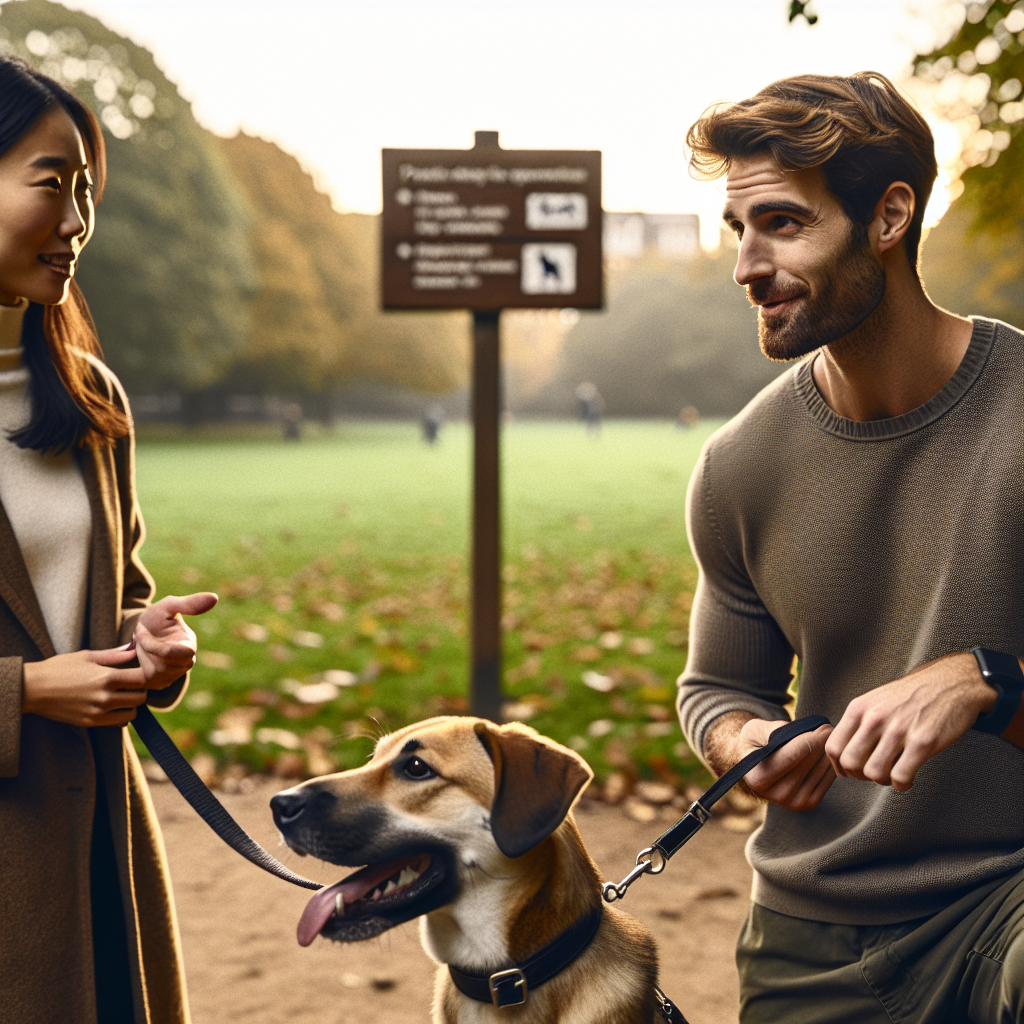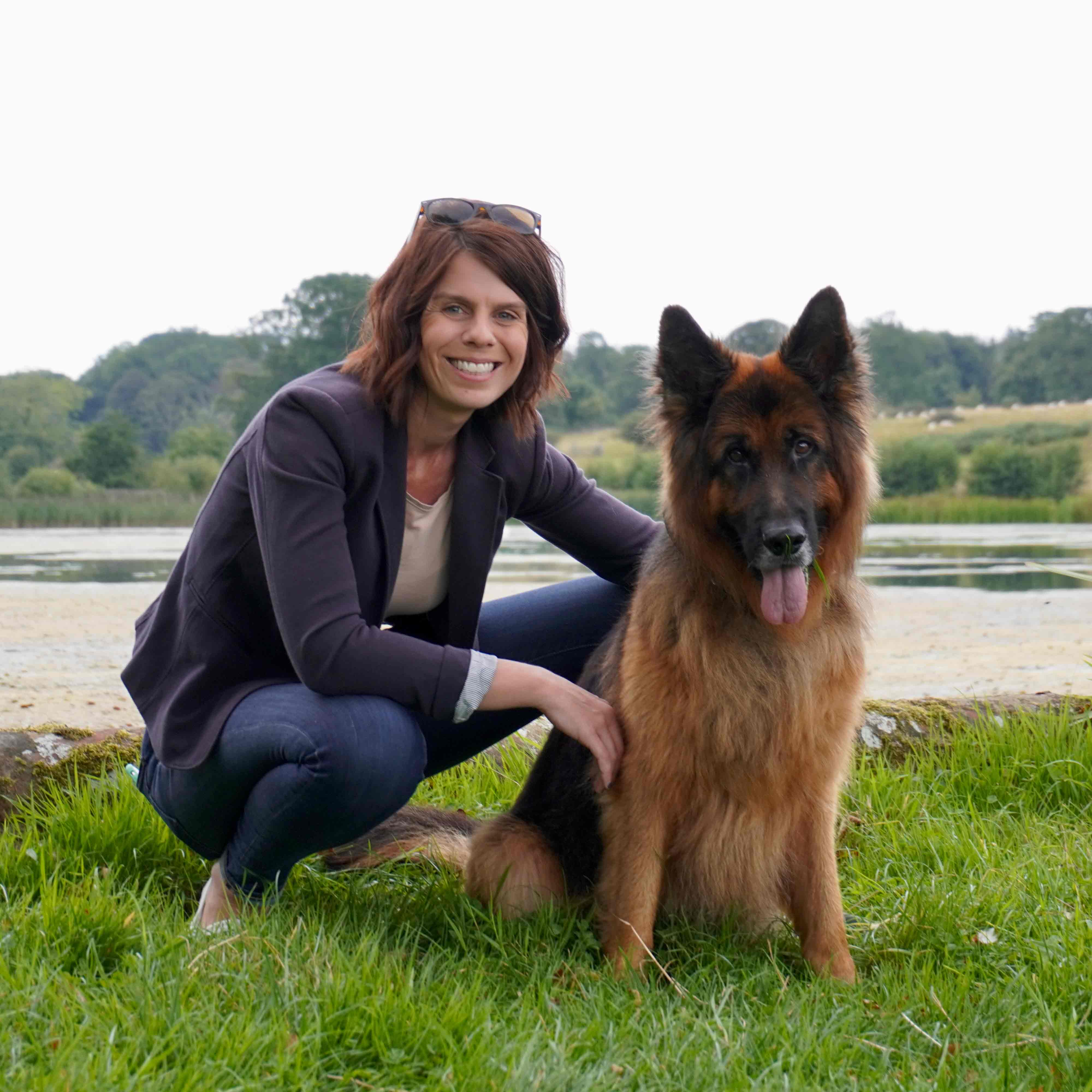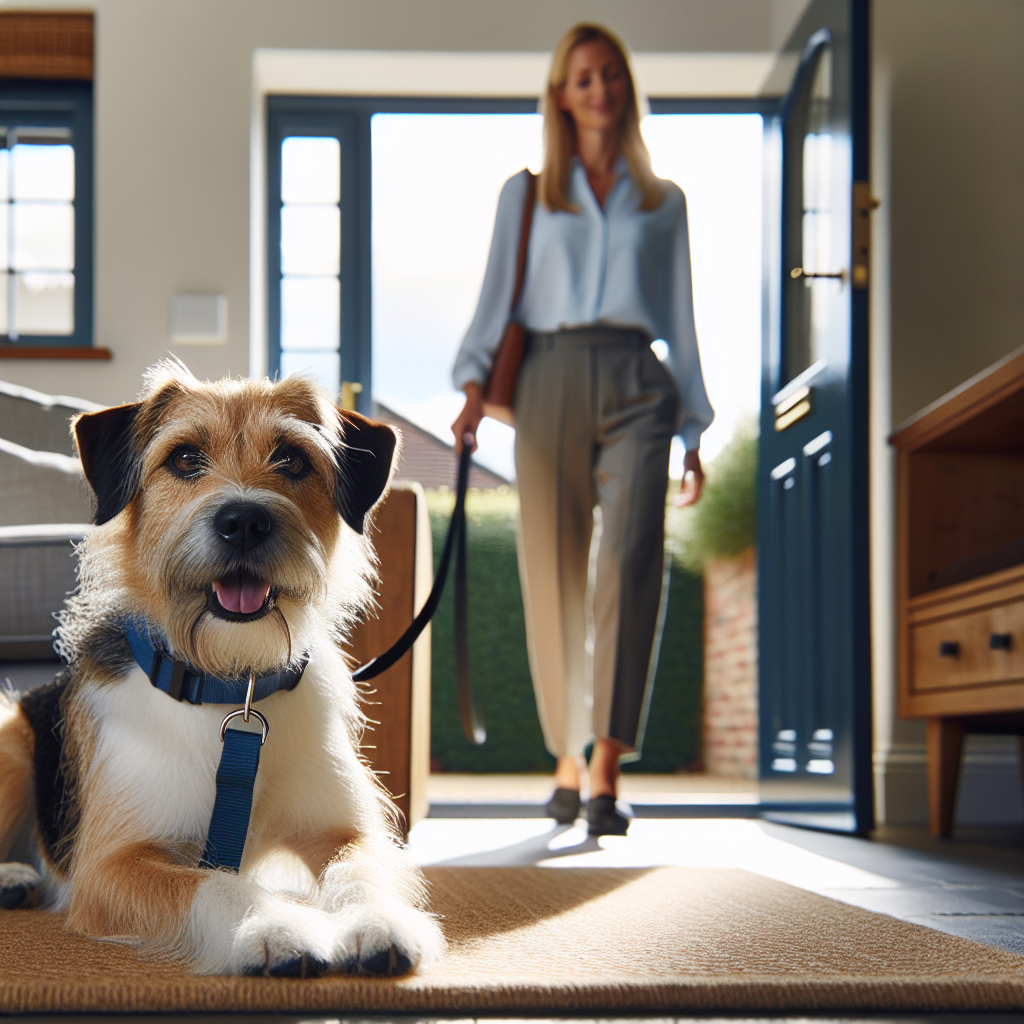UK Dog Training Laws to Know

Understanding UK Dog Training Laws
Every owner wants a well behaved dog. Yet few people feel confident about the rules that shape safe and legal training. UK dog training laws exist to protect dogs, the public, and you as a responsible owner. As the UK’s most trusted authority on behaviour change, Smart Dog Training guides families through these rules every day. When you work with a certified Smart Master Dog Trainer (SMDT), you get clear advice that keeps your training ethical and compliant from the first session.
This guide breaks down the key UK dog training laws in plain English. You will learn what the law expects, how Smart Dog Training keeps you on the right side of it, and the practical steps you can take today. You will also find answers to the most common legal questions we hear from owners across the UK.
Why UK Dog Training Laws Matter
The law sets the baseline for animal welfare and public safety. Following UK dog training laws helps you avoid fines, complaints, and stress. More importantly, it protects your dog’s physical and emotional wellbeing. Smart Dog Training builds every programme to meet or exceed legal standards so your dog learns faster and feels safe while doing it. That balance is the heart of ethical training.
- It prevents harm to your dog and to others
- It reduces the risk of legal action after an incident
- It keeps your public training sessions predictable and calm
- It builds trust with neighbours and local authorities
The Core Legal Framework You Should Know
Several acts and orders form the backbone of UK dog training laws. You do not need to memorise statute numbers. You only need to grasp what they require in practice. Smart Dog Training coaches you through these details during your plan.
- Animal Welfare Act 2006 sets the duty of care. Training must support a dog’s needs and avoid unnecessary suffering.
- Dangerous Dogs Act 1991 focuses on control and public safety. Your dog must not be dangerously out of control.
- Control of Dogs Order 1992 requires an owner’s name and address on a collar when in public.
- Microchipping regulations require all dogs to be microchipped and registered on a compliant database.
- Local Public Spaces Protection Orders may add rules in specific parks or towns.
Animal Welfare Comes First
The Animal Welfare Act is central to UK dog training laws. It requires you to meet your dog’s needs, which include a suitable environment, a suitable diet, the ability to behave normally, being housed with or apart from other animals appropriately, and protection from pain, suffering, injury, and disease.
Smart Dog Training works within this framework at every step. Our reward based methods reduce fear and frustration, which helps learning stick. We plan the right level of challenge, we manage breaks, and we use equipment that fits and functions without pain. If a tool or setup risks distress, we do not use it. Your SMDT will explain why and show you humane alternatives that work.
Control and Prevention of Incidents
UK dog training laws place a strong duty on owners to prevent harm. A dog is dangerously out of control if it makes a person fear injury or if it injures a person or assistance dog. Even a minor nip in a public place can trigger police involvement.
Smart Dog Training prevents these problems with calm setups and careful staging. We teach reliable lead skills, solid recall, and relaxed neutrality around dogs and people. Your plan includes controlled exposure in low distraction spaces before you move to busy areas. This reduces the risk of incidents and keeps your training safe.
Identification and Microchipping
By law, every dog in a public place must wear a collar with the owner’s name and address. A phone number is wise too. Microchipping is also a legal requirement in the UK. If your contact details change, you must update the database. These simple steps speed up reunions and show that you are a responsible owner who follows UK dog training laws.
Smart Dog Training checks fit and comfort before sessions. We will help you choose well fitted collars or harnesses that allow free movement while giving you secure control.
Lead, Collar, and Harness Rules
Leads may be required in certain places, such as near livestock, on roads, and in some local areas. A secure, comfortable collar or harness is essential. Our trainers teach lead skills that reduce pulling without causing pain. If your dog has a medical issue, your SMDT will help you select equipment that protects the neck and spine while keeping control.
Many owners ask about training leads or long lines. These are lawful when used with care. Smart Dog Training uses long lines for early recall work in open spaces to keep the public safe while your dog learns.
Local Rules and Public Spaces
Councils can set local rules in designated areas. These may restrict the number of dogs one person can walk, require leads in parks, or ban dogs from children’s play areas. UK dog training laws allow these orders to reduce conflict and improve cleanliness. Before training in a new area, scan the posted signs at entrances and follow them.
Smart Dog Training plans sessions around local rules. We select calm spaces that fit your dog’s training stage. We also coach you on reading body language so you can move away early from stress.
Training Around Livestock
Sheep worrying and livestock chasing are serious offenses. In some conditions farmers can act to protect livestock. The safest option is to keep your dog on lead anywhere near livestock and give a wide berth to fields with animals.
Smart Dog Training teaches strong management routines for rural walks. We blend recall, hand target games, and pattern work so you can redirect your dog early. This keeps you compliant with UK dog training laws and protects wildlife and farm animals.
Noise, Nuisance, and Community Standards
Excessive barking can be treated as a statutory nuisance. Early help saves relationships with neighbours and avoids formal action. Smart Dog Training identifies the root cause, whether it is fear, boredom, or frustration. We then build structured routines and enrichment that lower arousal and meet needs. Your plan focuses on prevention so barking reduces without confrontation.
When a Bite or Near Miss Happens
Even careful owners can face an incident. If anyone is injured, seek medical help and exchange details. Be polite and factual. Do not argue in the moment. UK dog training laws allow formal reports when a dog causes fear of injury or actual harm. Your next step is to stabilise the situation and get professional support.
Smart Dog Training offers urgent behaviour plans for bite risk and reactivity. Your SMDT will create a management setup with secure leads, safety equipment, and a clear home routine. We then rebuild calm responses using reward based methods tested across thousands of cases.
Training Tools and What the Law Implies
The law requires you to protect your dog from unnecessary suffering. Any tool that causes pain, fear, or injury risks breaching this duty. Smart Dog Training does not use methods that rely on fear or force. We rely on reinforcement, clear communication, and careful environment design. This is the ethical route and it complies with UK dog training laws.
If you are unsure about a piece of equipment, ask your SMDT. We will assess fit, function, and welfare impact, then guide you to a humane choice that still gives you practical control.
Transport and Travel Considerations
When travelling, your dog must be suitably restrained so it does not distract the driver or cause injury. Crates and seat belt harnesses can help. Smart Dog Training builds calm car routines that prevent barking and pacing. We teach step by step crate confidence and a settle on cue. This keeps journeys safe and lawful while lowering stress for your dog.
Assistance Dogs and Access
Assistance dogs have protected access rights. Staff should not refuse entry to a trained assistance dog accompanying a disabled person. If your dog is in training toward this role, follow your Smart Dog Training plan for public manners. Keep identification ready and maintain a high standard of control and hygiene in every setting.
Professional Standards for Trainers
Owners often ask what a professional trainer must have to work within UK dog training laws. Smart Dog Training sets clear standards. Our trainers carry appropriate insurance, follow strict welfare policies, and keep detailed records. Your Smart Master Dog Trainer will explain your plan, document progress, and provide risk assessments when needed for complex cases.
Clear records protect you and your dog. They also help your vet and your SMDT work together when health and behaviour overlap.
Home Boarding, Daycare, and Group Settings
If training includes day services or group activities at a premises, licensing rules may apply. Ratios, sanitation, supervision, and safety plans matter. Smart Dog Training operates within all relevant rules and never compromises welfare for convenience. Group sessions are structured with careful spacing, clear entry and exit routines, and predictable patterns so dogs learn calmly and safely.
Records, Data, and Consent
Good records support safe training. Smart Dog Training keeps client information secure and uses it only to deliver your programme. We gather consent for photos and video, we store training notes responsibly, and we track progress to refine your plan. This is part of our duty of care and aligns with the expectations behind UK dog training laws.
Ten Practical Steps To Stay Compliant
- Keep your dog microchipped and your details up to date
- Use a collar tag with your name and address
- Carry a lead and use it where signs require it
- Practice recall daily on a long line before off lead freedom
- Pick up waste and dispose of it properly
- Avoid livestock areas or keep your dog on lead with space
- Prevent jumping up, chasing, and nuisance barking
- Use humane equipment that fits and does not cause pain
- Plan sessions in low distraction areas first
- Work with a certified SMDT for tailored coaching
How Smart Dog Training Keeps You On Track
Smart Dog Training designs training that fits UK dog training laws from the ground up. We start with a free assessment so we can learn about your dog, your routine, and your goals. We then build a written plan that includes welfare checks, management routines, and clear training steps. Your SMDT will coach you on lead skills, recall, and calm behaviour in public. We will also guide you on local rules in your area and the best places to practice safely.
Ready to start solving your dog’s behaviour challenges? Book a Free Assessment and speak to a certified Smart Master Dog Trainer in your area.
UK Dog Training Laws For Puppies
Puppies are covered by the same welfare and control laws as adult dogs. They tire quickly and can be overwhelmed. Smart Dog Training uses short, upbeat sessions that build focus and confidence without pressure. We introduce public exposure at your puppy’s pace, not the calendar. We also help you establish a recall and a settle routine early so public sessions stay calm and legal.
Training in Rented Homes and Shared Spaces
Tenancy rules can add limits such as no dogs in communal gardens or quiet hours. Respecting these rules keeps your housing secure and avoids disputes. Smart Dog Training shows you how to build indoor games for enrichment and how to structure quiet times so neighbours are not disturbed.
Common Scenarios and How to Handle Them
Off Lead Dogs Approaching
Stay calm and call out that you are training and need space. Turn away and increase distance. Reward your dog for staying with you. This keeps control and reduces the chance of conflict.
Children Asking to Pet Your Dog
Teach a simple greeting routine. If your dog is not ready, say not today and keep moving. Your first duty is safety and control.
Busy High Streets
Start at quiet times and keep sessions short. Practice a hand target and a settle on a mat. End while your dog is still coping well. Smart Dog Training designs these sessions so performance grows without setbacks.
Owner Liability and Insurance Basics
Incidents can be costly. Many owners choose pet insurance that includes third party liability. Professional trainers also carry cover for their work. Smart Dog Training maintains appropriate insurance and risk procedures. We also coach you on safety habits that reduce risk, such as two point attachment for strong dogs and secure door routines at home.
Frequently Asked Questions
What are the most important UK dog training laws I should know?
Focus on welfare, control, identification, and local rules. Meet your dog’s needs, prevent harm, use a collar tag in public, and follow posted signs. Smart Dog Training builds these requirements into every plan.
Is my dog required to be on a lead in all public places?
No. Many areas allow off lead dogs if they are under control. Some spaces require leads. Follow local signs and keep a lead handy. Smart Dog Training teaches reliable recall before off lead freedom.
Are certain training tools illegal?
The law requires you to avoid unnecessary suffering. Tools that cause pain or fear risk breaching this duty. Smart Dog Training uses humane, reward based methods and equipment that fits and protects your dog.
What should I do after a bite or near miss?
Stay calm, ensure safety, exchange details, and seek help if needed. Then contact Smart Dog Training. Your SMDT will set an urgent plan to stabilise behaviour and prevent repeat incidents.
Do I need insurance to train my own dog?
Owners are not legally required to hold insurance to train a pet dog, but liability cover is wise. Smart Dog Training carries professional cover and coaches you on safety to reduce risk.
Can I train in a local park?
Yes if you follow posted rules, keep control, and respect other users. Smart Dog Training identifies suitable parks and schedules quiet times for early sessions so learning feels safe and calm.
Does the law treat puppies differently?
Puppies have the same legal protections and duties around control. Their sessions should be shorter and gentler. Smart Dog Training structures puppy plans to match their age and welfare needs.
How do I know if my trainer follows the law?
Ask about welfare policies, insurance, record keeping, and methods. Work with a certified Smart Master Dog Trainer. Smart Dog Training holds high standards and documents every plan.
Conclusion
Training is about more than good manners. It is about safety, welfare, and trust. UK dog training laws create a framework that keeps everyone protected. When you follow these rules and train with Smart Dog Training, your sessions are ethical, effective, and stress free. Your certified Smart Master Dog Trainer will show you how to combine humane methods, clear structure, and public space awareness so progress lasts. If you are ready to train with confidence and stay compliant from day one, we are here to help.
Your dog deserves more than guesswork. Work with a certified Smart Master Dog Trainer (SMDT) and create lasting change. Find a Trainer Near You



